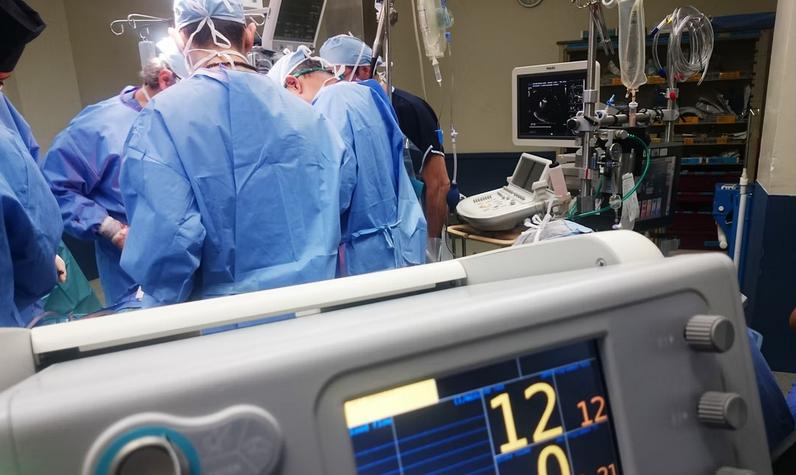In personal injury trials and pre-litigation, medical bills can be a contentious issue. This is because of case law in Indiana that allows plaintiffs and defendants to introduce different numbers when it comes to medical bills. Plaintiffs introduce the amount of money that the plaintiff was actually billed, and defendants are allowed to introduce the amount that plaintiff actually paid, despite that amount usually being connected to insurance. However, that has already been discussed in another blog.
However, sometimes there are cases where medical bills are not introduced by the plaintiff, either because they feel they don’t need them in their case, or because their case is not asking for medical damages. In some cases, the defendants will try to introduce medical bills to show that the plaintiff either isn’t hurt as much as they say they are, or to show inconsistencies.
A recent Indiana Appeals Court case, Gladstone v. West Bend Mutual Insurance Company details whether or not a defendant can introduce medical bills into a case if a plaintiff does not. In this case, Daniel Gladstone was injured in a car accident, and after filing suit, eventually dropped any medical damages claims, opting only to pursue a claim of pain and suffering damages.
At trial, West Bend wanted the introduction of Gladstone’s medical bills, over the objection of Gladstone. The court allowed this, and the jury awarded Gladstone nothing. Here, the Court looked toward rules of evidence, and noted that evidence is relevant if it tends to make facts more or less probable.
Gladstone and his counsel argued that medical bills are not relevant to pain and suffering damages and should not have been allowed to be let in. The court rejected this line of thinking and stated that in cases of more severe injury, it would be likely that a person suffers more physical and mental trauma.
However, important for plaintiffs is the fact that the court stated that in cases where the medical bills are more prejudicial than probative, they can still be excluded from evidence. This may be important in cases where someone might have mental trauma from a small injury or accident, and that their initial medical bills are either covered by insurance completely, or would unfairly influence a jury.
Overall, this is important for plaintiffs. If a plaintiff does not have many medical bills, but has a claim for pain and suffering, they need to have a strategy regarding their medical bills. If they do, they are more likely to fight defendants on this issue. However, if they do not, they may be likely to end up in a similar position to Gladstone – having a meritorious claim, but being ignored by a jury over medical bills.
If you or a loved one have been affected by an injury, accident, or death, contact an experienced personal injury attorney at Hurst Limontes, LLC. We have decades of combined experience fighting for our clients in any number of personal injury claims. Call 317-636-0808 or email us for a FREE and confidential consultation.





